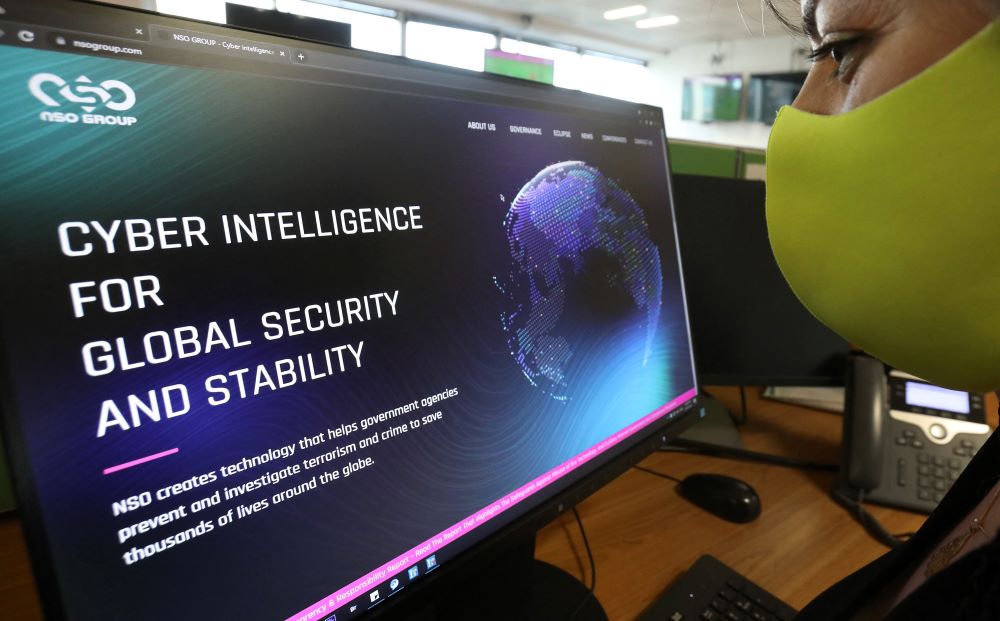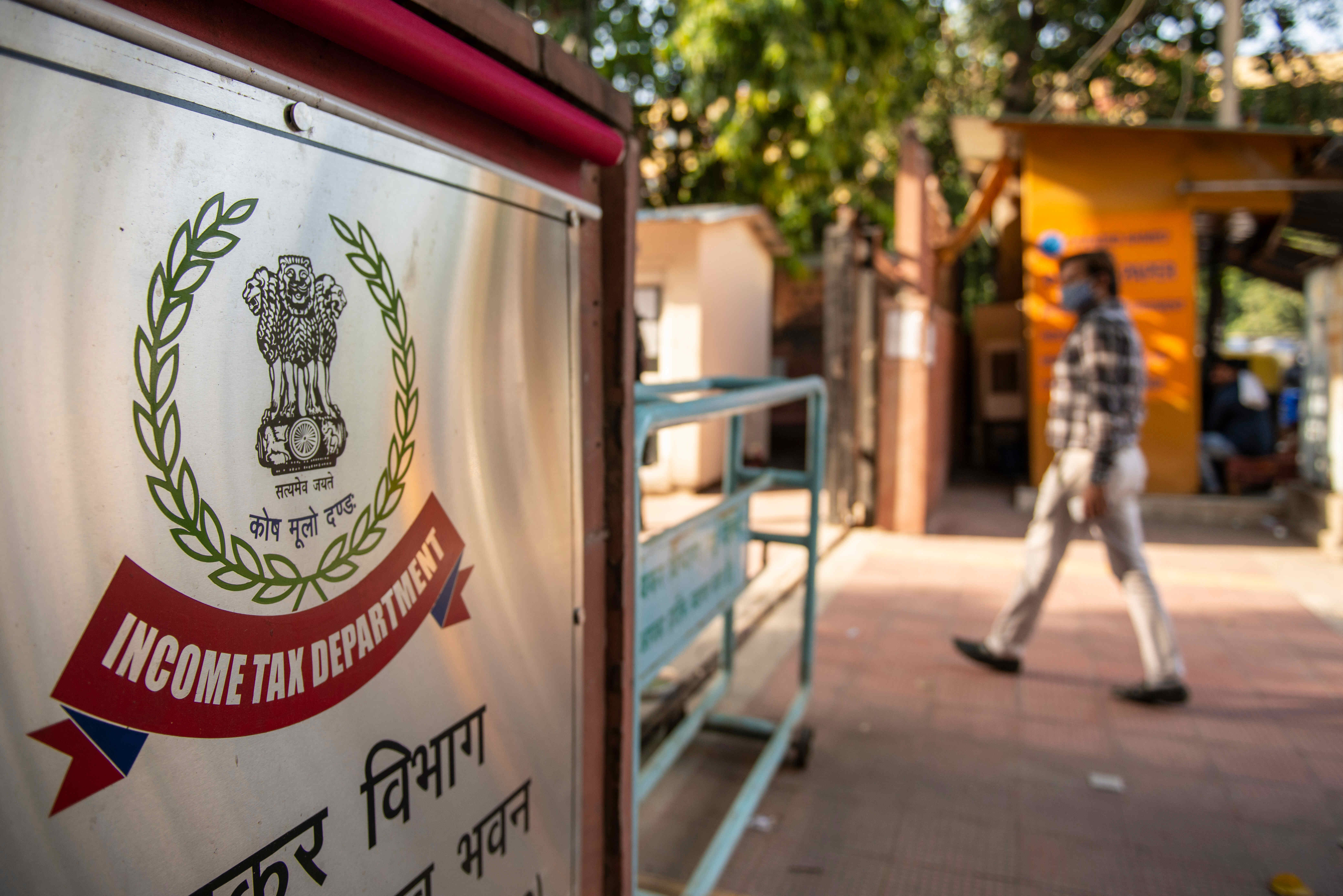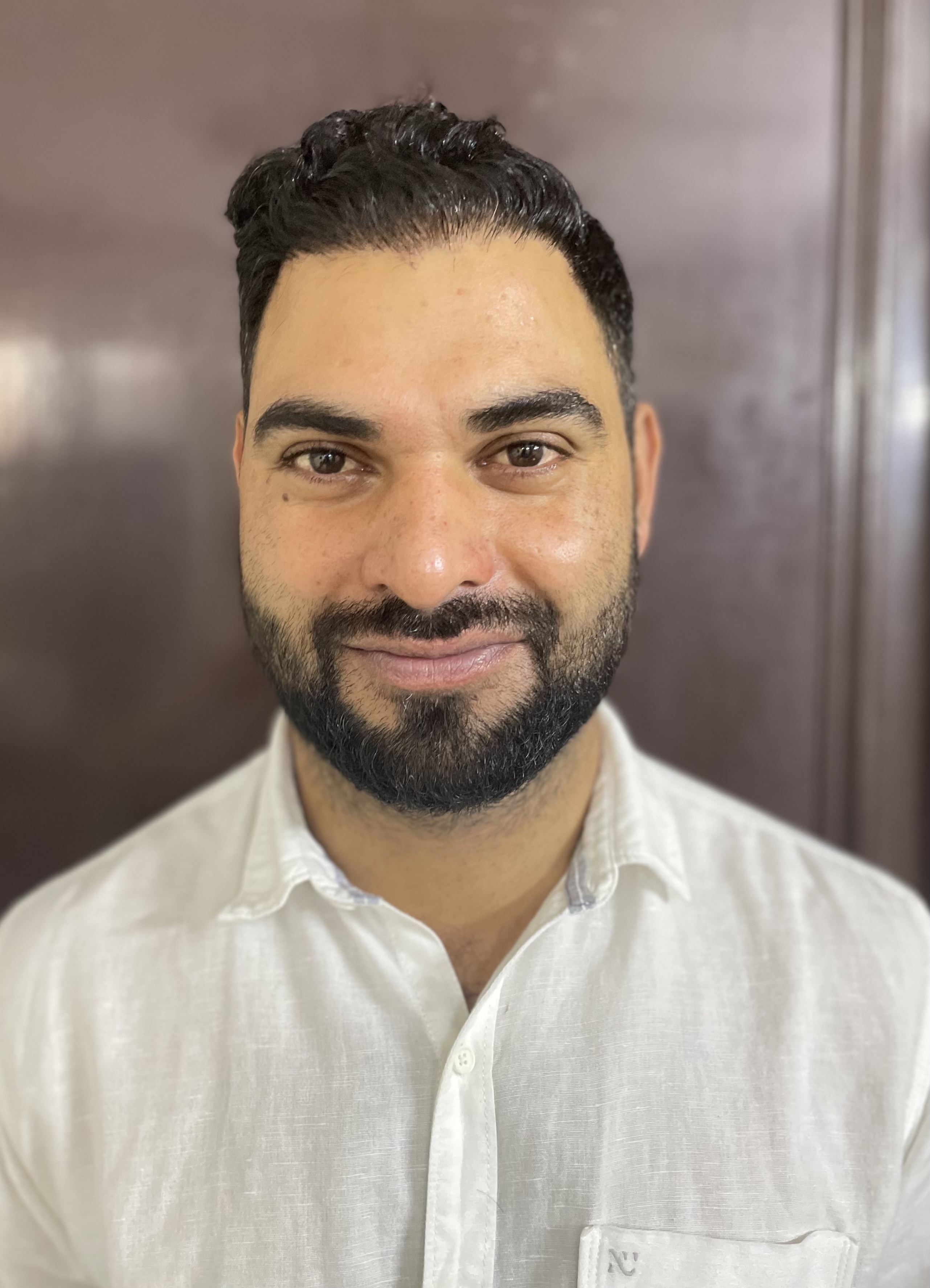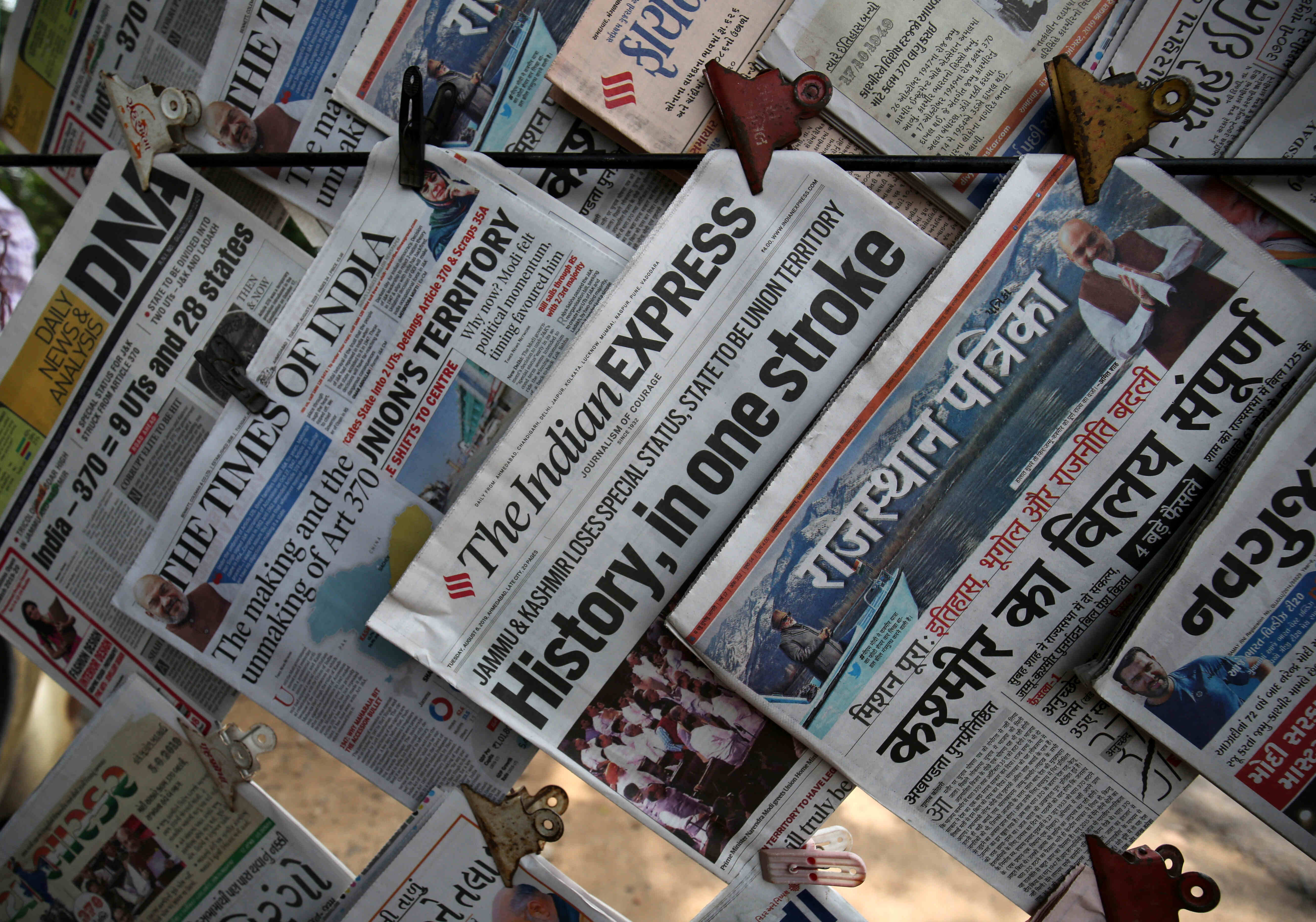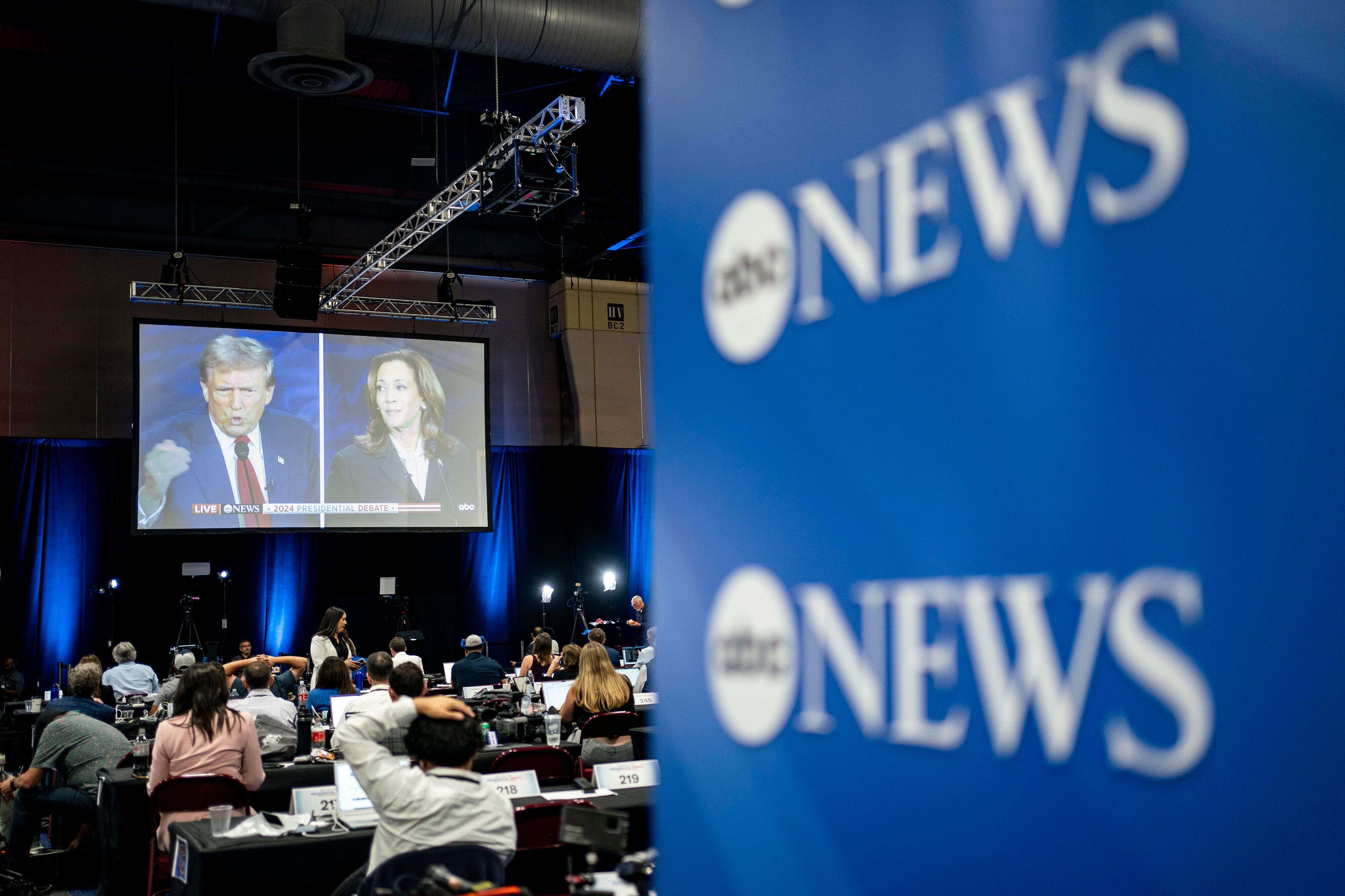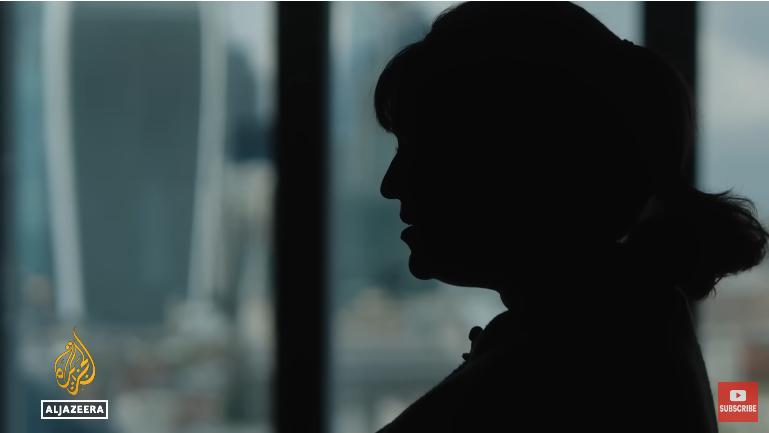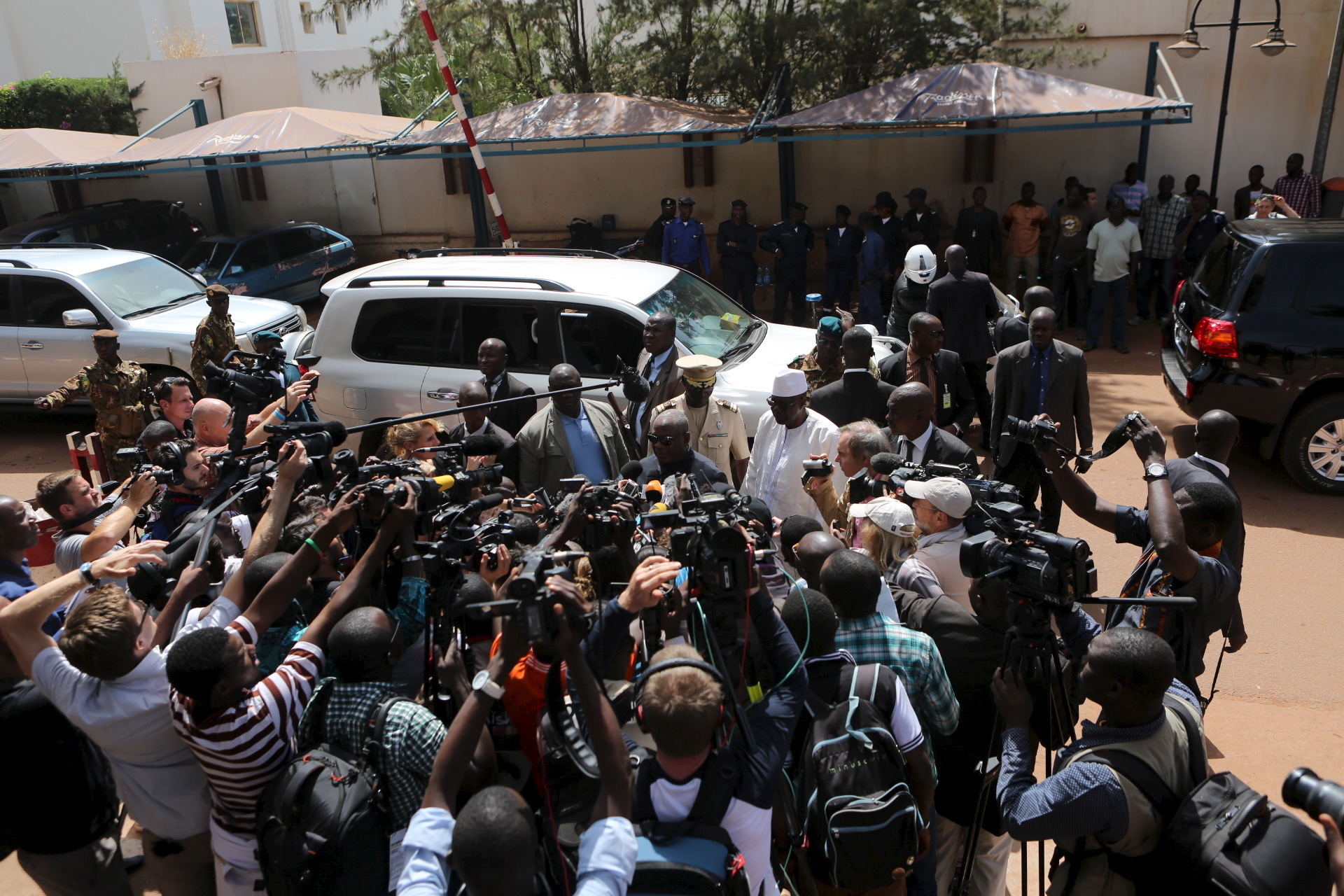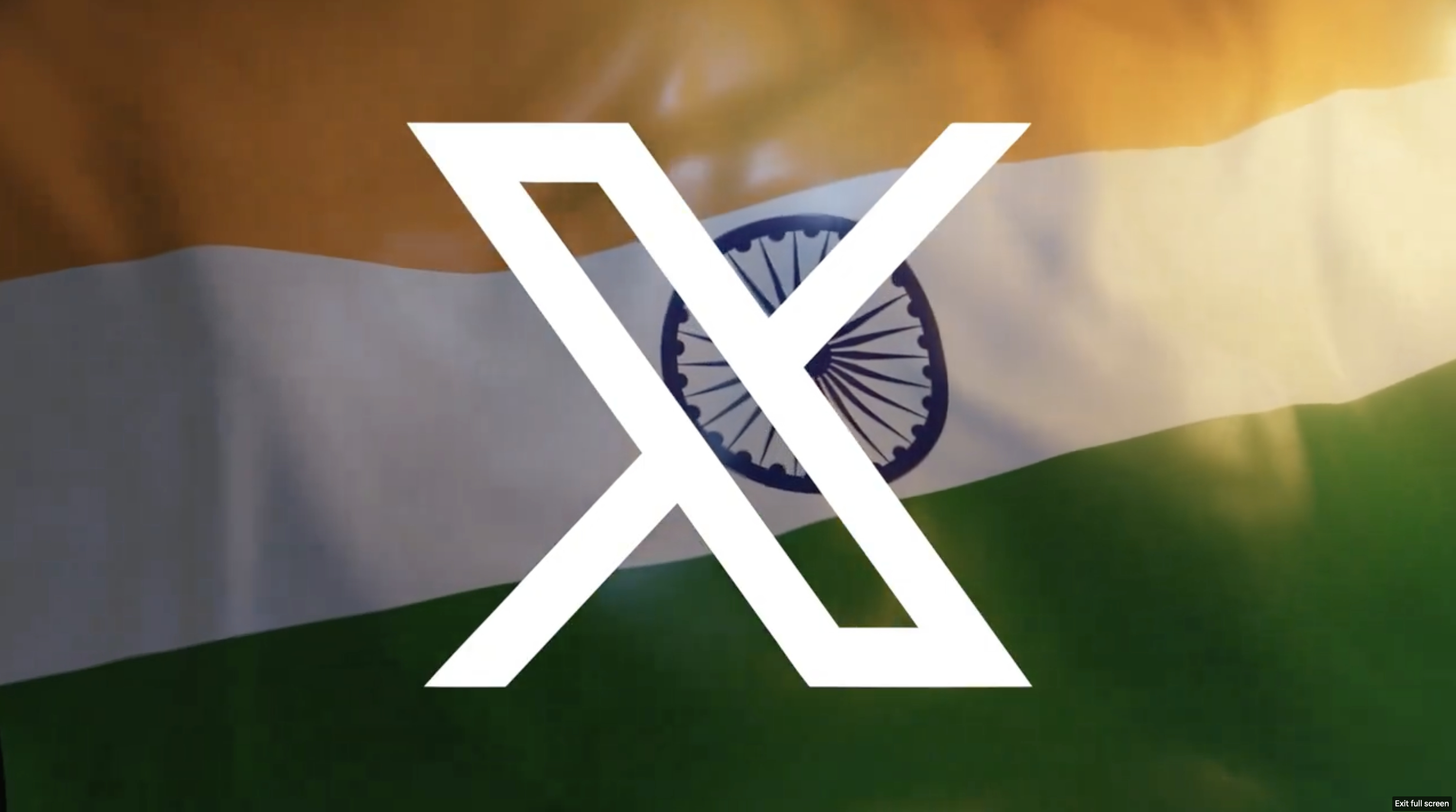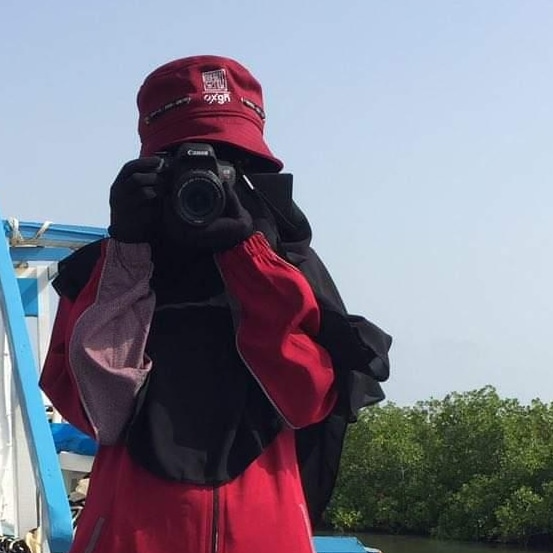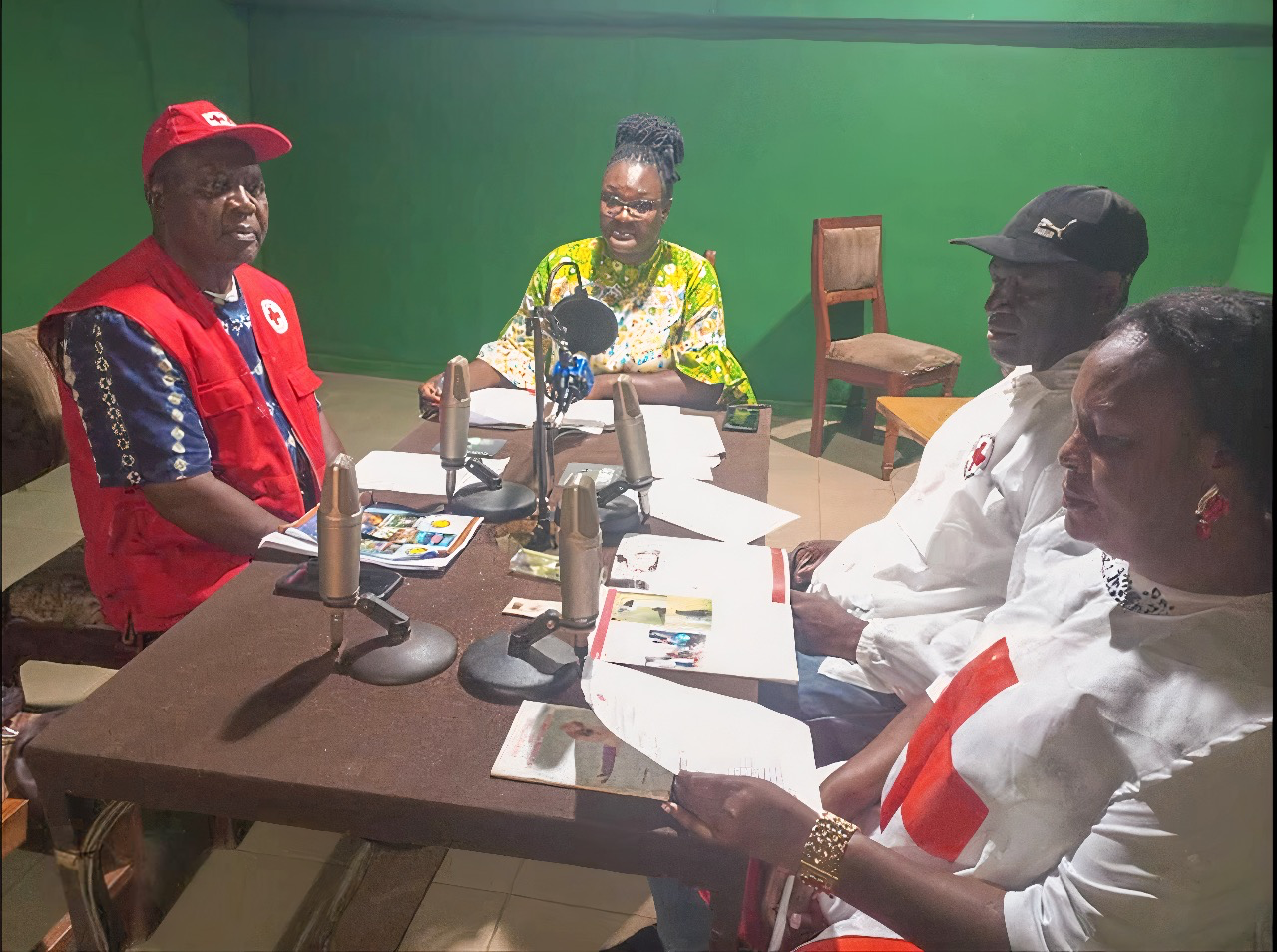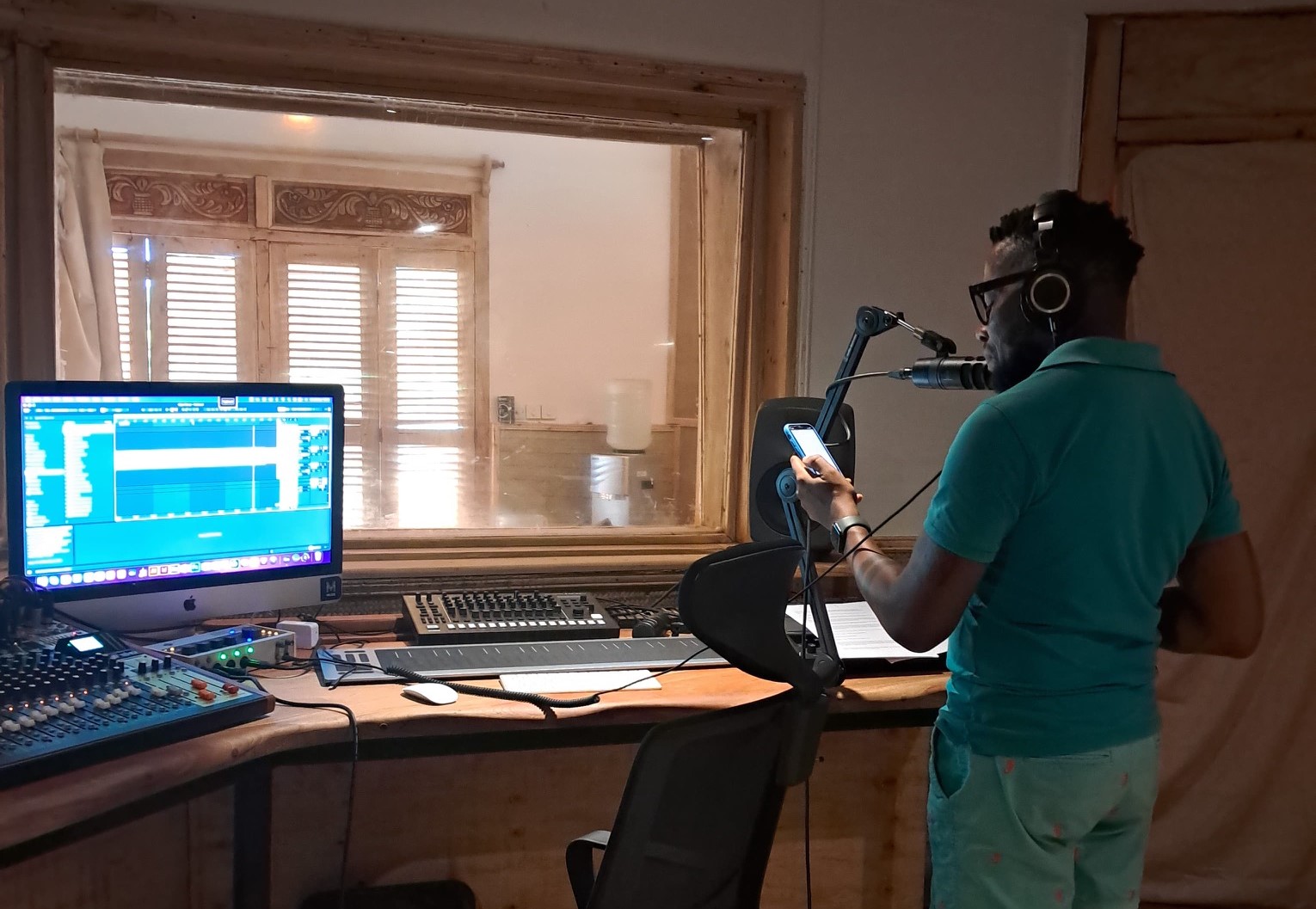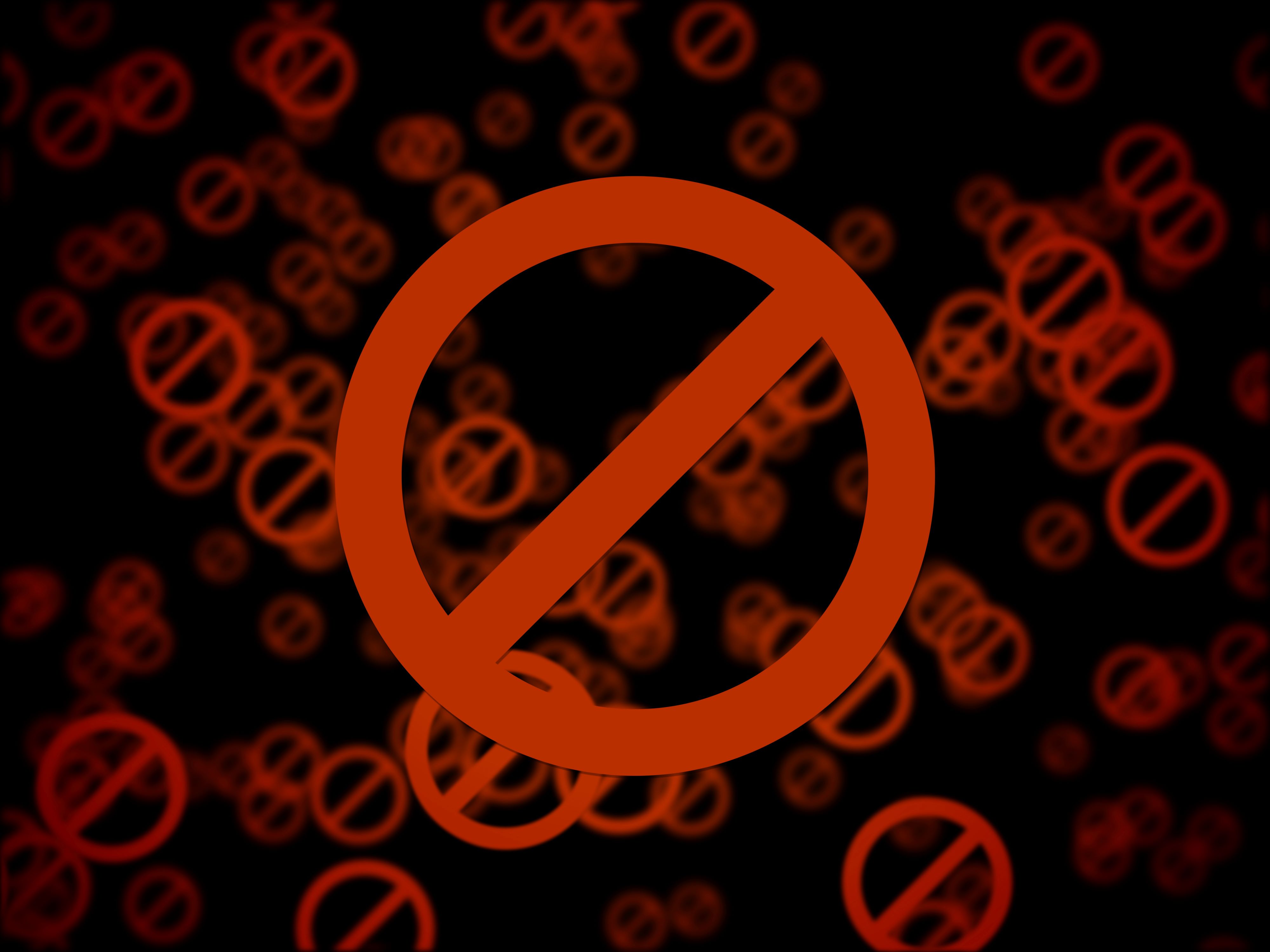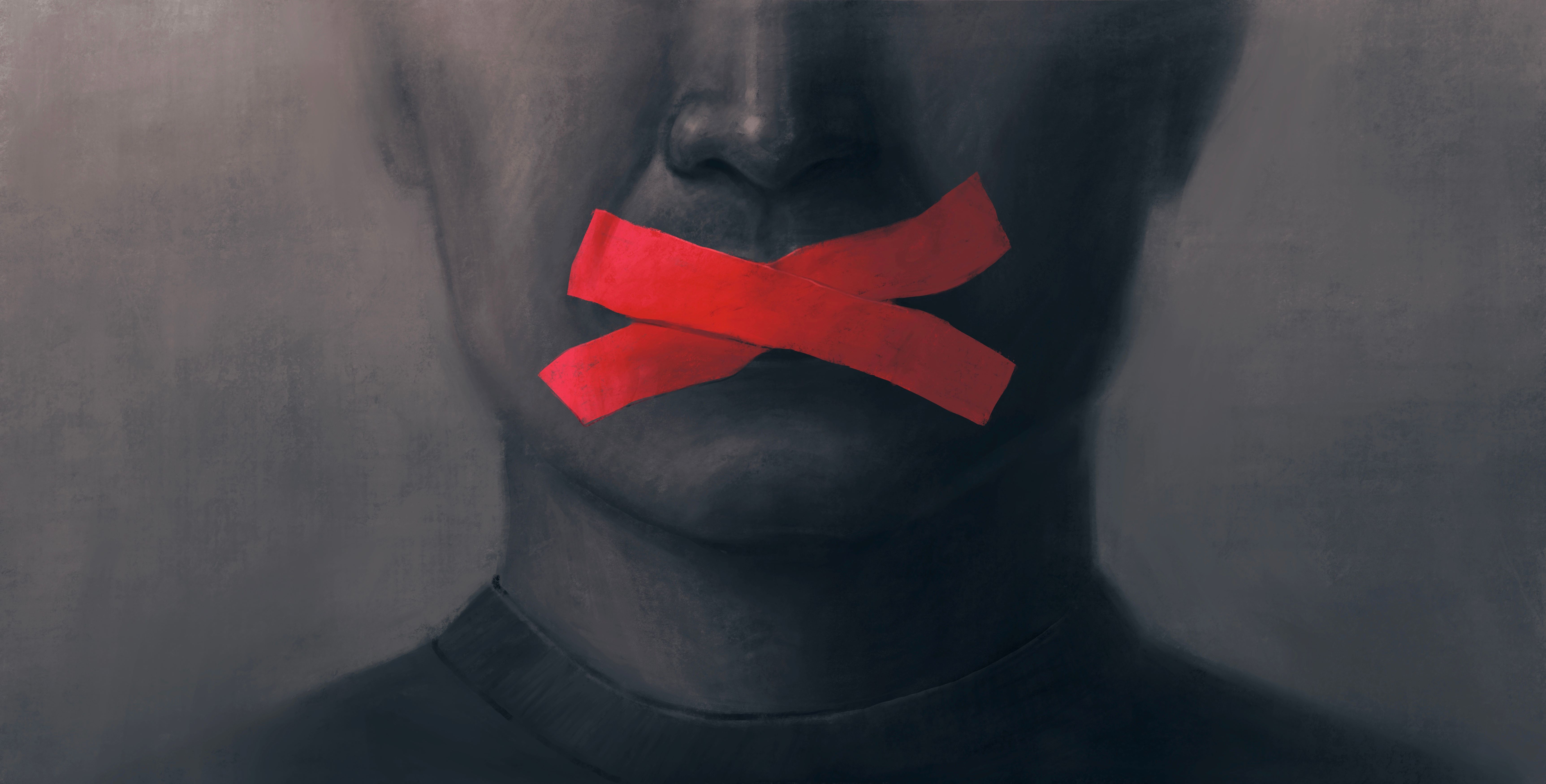Leading French and international institutions—foremost among them Reporters Without Borders and Agence France-Presse—have signed a letter published in Le Monde condemning the Israeli occupation’s actions against Palestinian journalists. In an unprecedented tone, journalists described the ongoing events as a 'massacre' unparalleled in the history of the profession.
Even if the move comes too late—after the occupation has killed hundreds of journalists, destroyed dozens of media offices, and systematically targeted their families in what amounts to a campaign of extermination—French and international media organizations have signed a letter condemning Israel’s policy of killing journalists.
The signatory organizations, including Reporters Without Borders (RSF), the Journalists' Union, and major French media outlets, chose to publish the letter in Le Monde. It highlights the stories of Palestinian journalists killed by Israeli forces, despite Israel’s prior knowledge that they were working journalists.
Without resorting to vague language or artificial balance, the signatories write:
All these colleagues wore helmets and bulletproof vests emblazoned with the word "PRESS," clearly identifying them as media professionals. Some had received phone threats from Israeli military officials or had been labeled as members of Gaza armed groups by the army spokesperson, without credible evidence to support these accusations. All of this suggests that they were deliberately targeted by the Israeli army.
Particularly notable is the inclusion of traditionally pro-Israeli French media outlets such as LCI and Le Figaro among the signatories. But even more striking is the letter’s explicit characterization of the events:
In the history of our profession, across all conflicts, this is a massacre of unprecedented magnitude, as demonstrated by a recent study from Brown University.
The letter also revisits the stories of Palestinian journalists killed in the field—especially that of Hossam Shabat, a reporter for Al Jazeera Mubasher in Gaza, who composed his final words moments before being assassinated:
It's not common for a journalist to write their will at the age of 23. Yet, that is precisely what Hossam Shabat, correspondent for the Qatari channel Al-Jazeera Mubasher in the Gaza Strip, did. The young man, aware that Israeli bombings on Palestinian territory had drastically reduced the life expectancy of his profession's members, wrote a brief text to be published in case of his untimely demise.
These words introduce Shabat’s story and set the tone for the broader narrative of Palestinian journalists' suffering—an openness rarely seen in French media. The article continues:
At least 40 of these journalists, like Shabat, were killed with pen, microphone, or camera in hand. This was the case for Ahmed Al-Louh, 39, a cameraman for Al-Jazeera, who died in an airstrike while filming a report in the Nusseirat refugee camp on December 15, 2024. And for Ibrahim Mohareb, 26, a collaborator for the Al-Hadath newspaper, killed by a tank shot on August 18, 2024, while covering the Israeli army's withdrawal from a Khan Yunis neighborhood. These cases have been meticulously documented by the aforementioned organizations.
The letter doesn’t limit itself to Gaza; it also points to abuses against journalists in the occupied West Bank—another front in what it describes as a genocide:
Let's not forget the situation in the occupied West Bank, where the third anniversary of Shireen Abu Akleh's death will be commemorated in a few days. The star correspondent of Al-Jazeera was shot in Jenin on May 11, 2022, by an Israeli soldier who faced no accountability for his crime. Hamdan Ballal, co-director of No Other Land, the 2025 Oscar winner for Best Documentary, was assaulted by settlers on March 24, then arrested by soldiers in the ambulance taking him for treatment: This testifies to the violence faced by those attempting to tell the reality of the Israeli occupation. It also reveals the near-systematic impunity granted to those seeking to silence them.
The letter concludes with a clear condemnation of the killing of truth-tellers and the prevention of journalists from entering Gaza to document facts independently of the Israeli army’s narrative:
As journalists, deeply committed to the freedom to inform, it is our duty to denounce this policy, to express our solidarity with our Palestinian colleagues and to demand, time and again, the right to enter Gaza. We request this not because we believe that the coverage of Gaza is incomplete without Western journalists, but to support and protect, through our presence, our Palestinian colleagues who demonstrate unmatched courage in sending us images and testimonies of the immense tragedy unfolding in Gaza.







